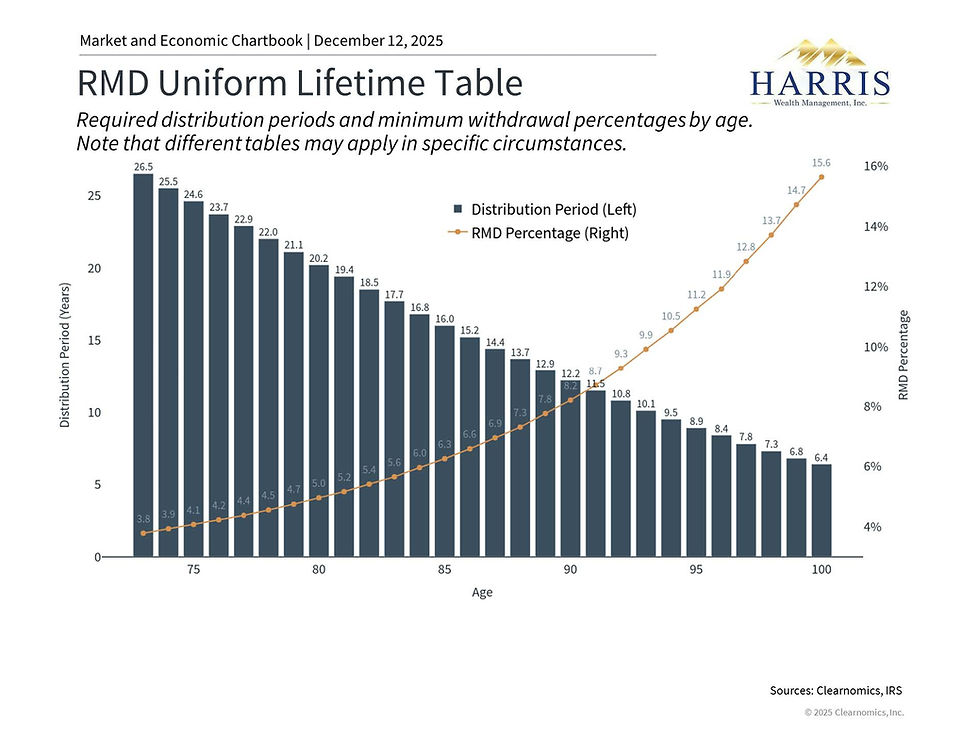Trade Tariffs and Impact on Markets
- Chris Harris, FMVA

- Apr 3, 2025
- 2 min read
On April 2, President Trump set new trade tariffs that affect most major trading partners. These "reciprocal" tariffs match what other countries charge on U.S. goods and come on top of existing ones. The average rate is 25%, with some countries facing up to 49%. Markets reacted quickly - stocks fell over 3% and government bond rates dropped to 4%.
New trade rules affect global commerce

While people have different views on tariffs, they represent a big change in how countries trade with each other. History shows that while markets may drop in the short-term, they tend to recover over time.
Markets have bounced back from many challenges over the years - wars, economic downturns, health crises, and political changes. For example, stocks recovered strongly after the 2008 financial crisis, the 2020 pandemic, and the 2022 market drop.
Market uncertainty rises as trade policies shift
The new rules set minimum tariffs at 10%, with higher rates for countries that sell more to the U.S. than they buy. China faces a 34% rate plus earlier 20% tariffs. Europe will pay 20%, while Canada and Mexico keep their previous 25% rates. All foreign cars now face a 25% tariff.
These changes affect different companies in different ways. While some U.S. manufacturers might benefit, many businesses worry about higher costs and lower profits. Companies may need to find new suppliers or change how they make products.
About 30% of large U.S. companies' sales come from overseas. Technology, materials, communications, consumer goods, and energy companies do the most international business. Company profits were expected to grow 11.5% this year, down from earlier predictions of 14.2%.
Markets grow despite challenges

Markets have faced many worries in recent years - health crises, rising prices, recession fears, and more. Each time, things seemed very uncertain. Yet markets recovered and grew over time.
Warren Buffett once noted that despite many problems in the 1900s - wars, economic troubles, health crises, and political upheaval - the stock market rose dramatically over time.
It is important to focus on what we can control. The best approach is to keep a long-term view and stick to your personal financial plan despite short-term market swings.
The information provided here is for general informational purposes only and should not be considered an individualized recommendation or personalized investment advice. The investment strategies mentioned here may not be suitable for everyone. Examples are for illustrative purposes only. All investing involves risk of loss including the possible loss of all amounts invested.




Comments